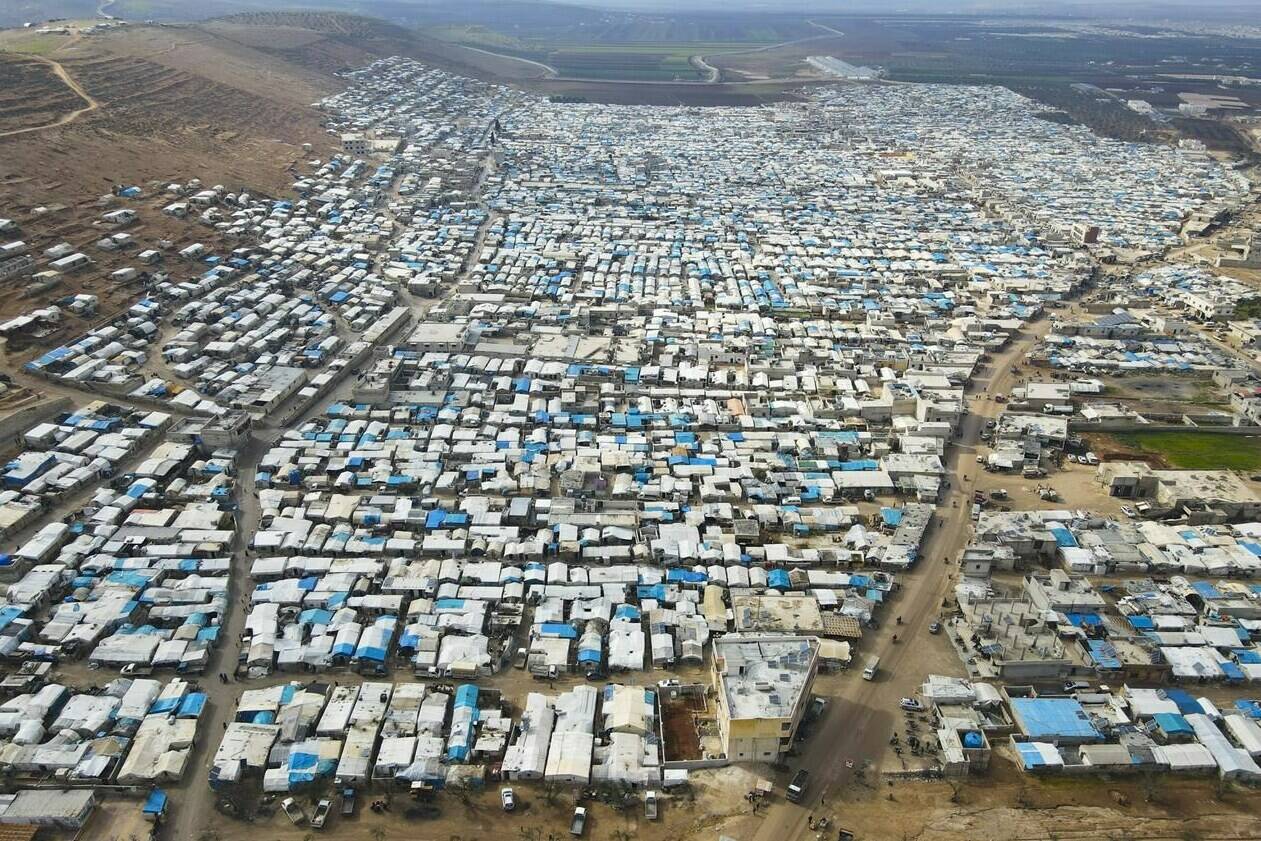The Federal Court of Appeal has overturned a judge’s declaration that four Canadian men being held in Syria are entitled to Ottawa’s help to return home.
In a ruling released Wednesday (May 31), a three-member panel of the Court of Appeal said the federal government is not obligated under the law to repatriate the men.
The Canadians are among the many foreign nationals in Syrian camps and jails run by Kurdish forces that reclaimed the strife-torn region from the extremist group Islamic State of Iraq and the Levant.
The latest ruling sets aside a January decision by Federal Court Justice Henry Brown, who directed Ottawa to request repatriation of the men from the squalid conditions as soon as reasonably possible and provide them with passports or emergency travel documents.
Brown said the men were also entitled to have a representative of the federal government travel to Syria to help facilitate their release once their captors agree to hand them over.
The men include Jack Letts, whose parents John Letts and Sally Lane have waged a campaign to pressure Ottawa to come to his aid.
“The Federal Court of Appeal made a clear choice to perpetuate the arbitrary detention and torture of my son and the other Canadian detainees,” Lane said Wednesday.
“The decision is nothing but victim-blaming and narrow legalese that stands in utter contempt of human rights law and fails to rise to the challenge of the moment. From the very start, Canada has held the key to their release, and it refuses to unlock the prison doors that the Kurds are willing to hold open for them.”
The identities and circumstances of the three other Canadian men are not publicly known.
The federal government had argued that Brown mistakenly conflated the recognized Charter right of citizens to enter Canada with a right to return — effectively creating a new right for citizens to be brought home by the Canadian government.
The Federal Court of Appeal agreed, saying the judge’s interpretation “requires the Government of Canada to take positive, even risky action, including action abroad,” to facilitate the men’s right to enter Canada.
“Such a right would have potentially limitless scope. It would cover cases ranging from the repatriation of someone detained abroad for whatever reason, including the alleged violation of foreign law in a foreign land, to the payment of ransom to foreigners holding a Canadian citizen hostage.”
The Court of Appeal stressed that Canadian state conduct did not lead to the men being in northeastern Syria, prevent them from entering Canada, or cause or continue their plight. “The respondents’ own conduct and persons abroad who have control over them alone are responsible.”
The appeal judges said while the government is not constitutionally or otherwise legally obligated to repatriate the men, their ruling “should not be taken to discourage the Government of Canada from making efforts on its own to bring about that result.”
Lawyer Lawrence Greenspon, who represents the three men other than Letts, said Wednesday their families were “disappointed with the result.”
He said they are “seriously looking at appealing” by way of an application for a hearing in the Supreme Court of Canada.
Amid the legal proceedings, Greenspon reached an agreement with the federal government earlier this year to bring home six Canadian women and 13 children who had been part of the court action.
Jim Bronskill, The Canadian Press

